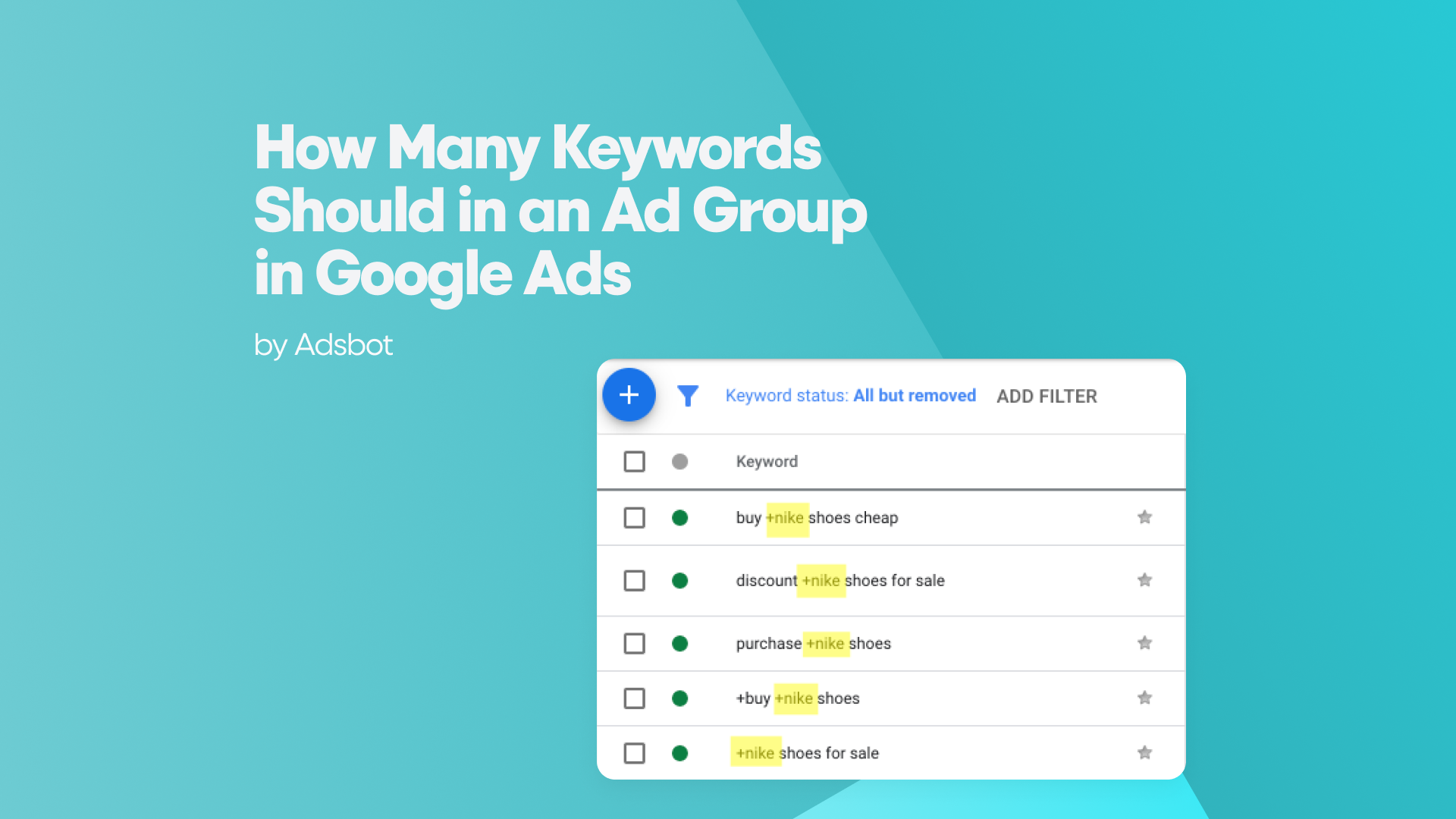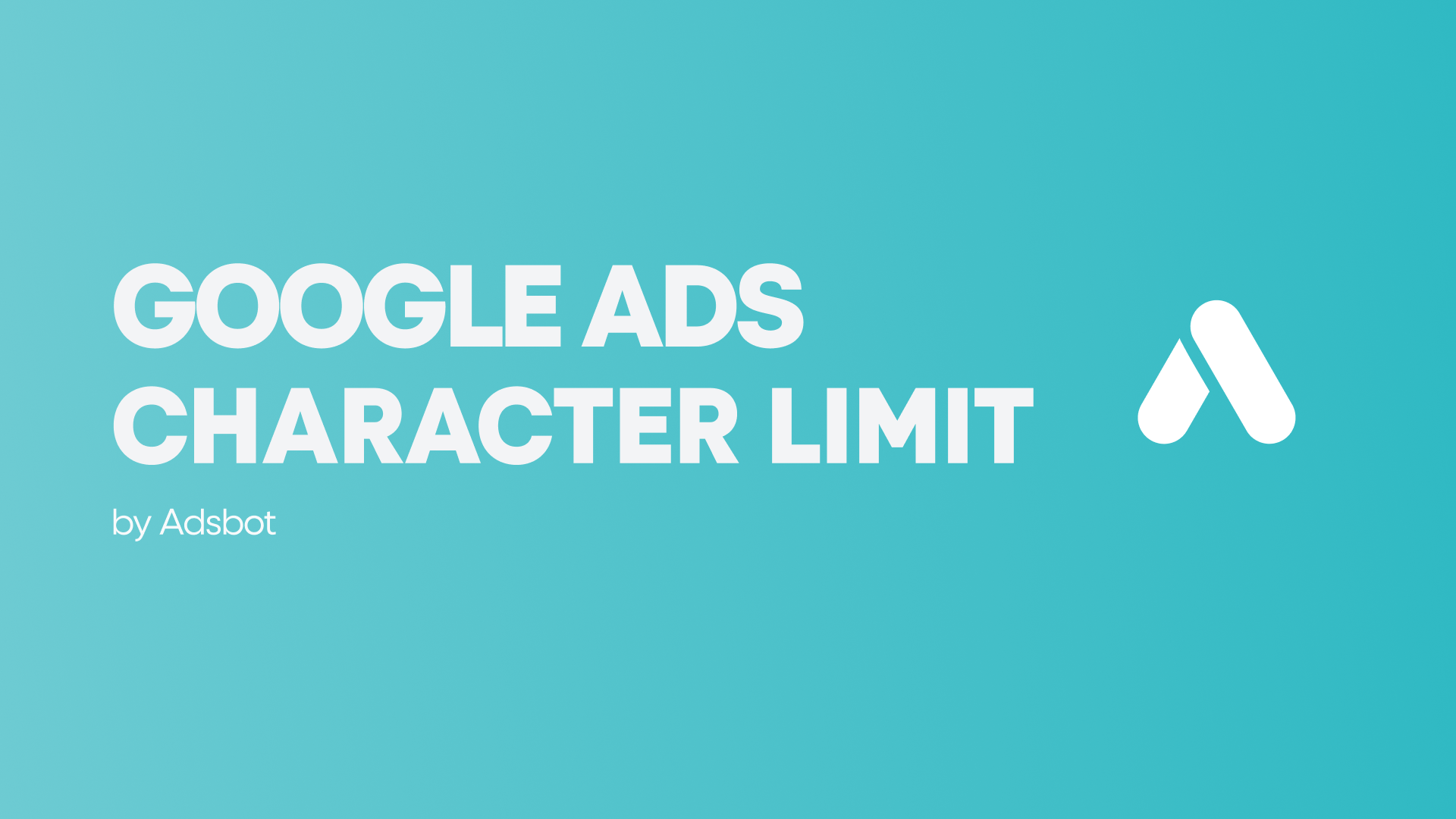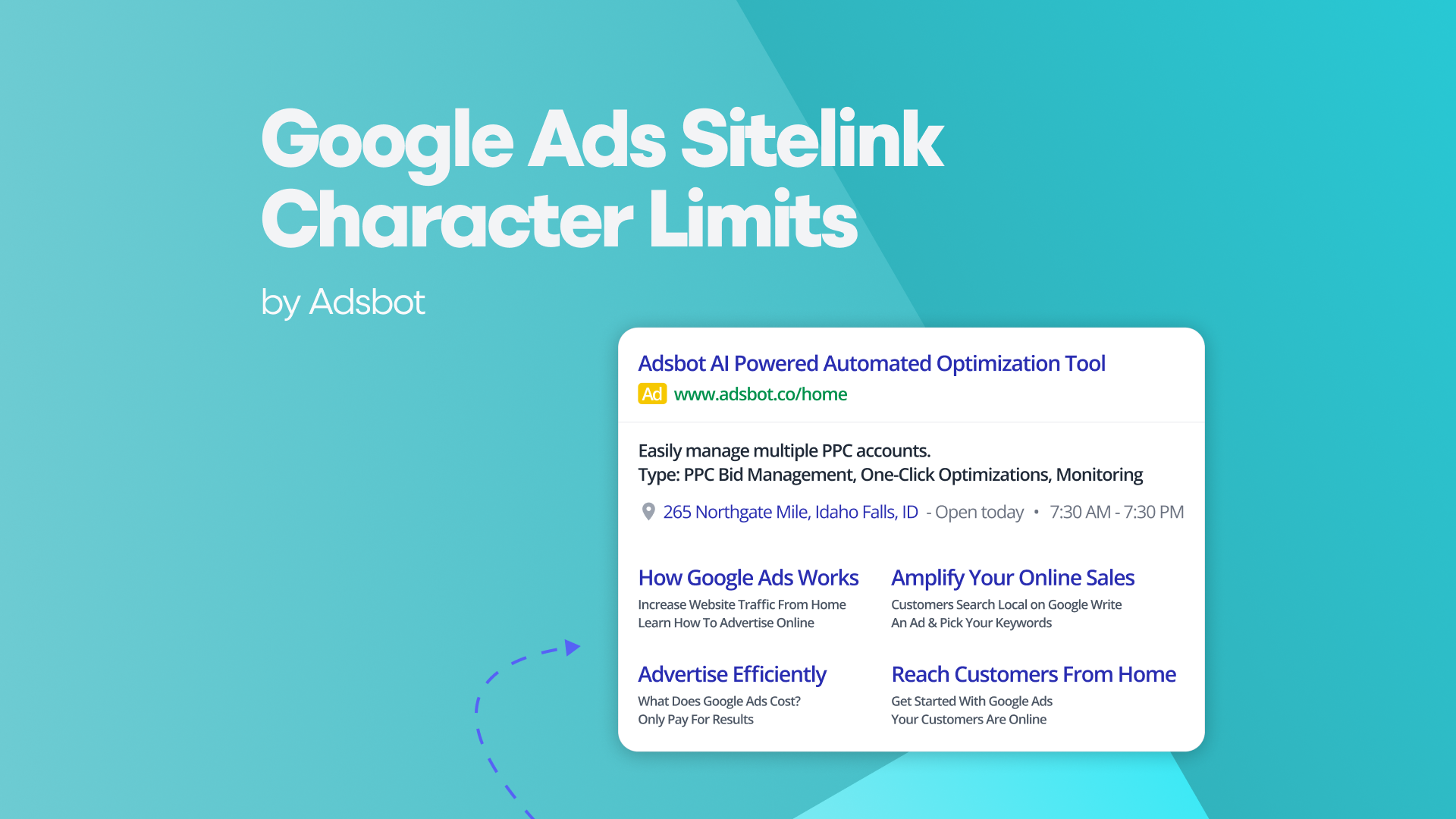So, you have built your business and the time has come for you to reach the masses with your content. There are a few things you must accomplish to draw a desirable number of users to your website. Whether you are just beginning to create your website or you already have an operational one, all your efforts are in vain without constant traffic from Google. Since Google favors particular operations, you need to qualify for certain things. That’s why you need Search Engine Optimization.
SEO helps your website to reach the level of visibility you need, to successfully run your operation. One of the core elements of SEO that will immensely guide you in this goal is Keywords. To master this element, you must do comprehensive research. Keyword Research will tell you how to choose keywords according to the users’ search data, and in turn, how to shape your website in harmony with those keywords. If you are just starting your journey and know nothing to little about the wondrous world of SEO, you have come to the right place. Let’s get started.
What are Keywords?
Keywords are basically how people search for your content on the internet. They are words, terms, and phrases searchers use on search engines to look things up. If you want your business or website to be successful, you will need to know which keywords to choose to rank better in search results. That is why keyword research constitutes an important portion of your SEO planning.
What is Keyword Research and Why is it Important?
Keyword Research is studying the information that keywords provide to understand your target audience better. If you learn how users are searching for your business, product, or content, you can optimize your website accordingly. This will, in turn, enable you to rank higher for your chosen keywords and ultimately draw more traffic to your website. You don’t want to create content that no one is searching for.
In this article, we will break down the steps in Keyword Research to help you along in your SEO journey.
Finding the Right Keywords
You must first understand what you are dealing with to create a good strategy. Mainly you need to know:
- Your business– what do you do? What do you provide to the searcher? Why should they come to your website? Do you offer information, or do you offer an e-commerce platform?
- Your target audience/customer – Who should come to your website? What is their intent? To buy something, to learn how to make something, or to seek information?
- How they search for your content – What words and inquiries they type into search engines that will direct them to your website?
- The format that they are seeking – Are they looking for videos, products, or listicles?
- Your competition – for which keywords your competitors rank?
- Finally, how doing Keyword Research helps you utilize this information.
Conducting Keyword Research will help you immensely in asking correct questions and getting correct answers, which will lead to the right keywords that are most suitable for your operation.
Seed Keywords
To start your research of keywords that you would like to rank for, you can first come up with “Seed” Keywords. Seed Keywords are a good starting point since they do exactly what the name suggests: You can plant them in a Keyword Search Tool and the seeds will branch out and give you a metaphorical tree of keywords that your potential audience uses, and keywords that your competitors already rank for.
You can conjure some seed keywords from what you already know. If you know your industry and have a good sense of the service, product, or content you want to promote, you can start compiling a list of words and phrases. Then, you can type those in a Keyword Research Tool which will give you a report on similar/related keywords, as well as additional data like the Search Volume of a particular keyword.
Checking out the Competition
You can also figure out the keywords your competitors rank for. This will allow you to learn how much of an effort it will take to rank high for a keyword that you are considering. If you don’t know who your competitors are, you can start by searching certain keywords in your list and seeing who Google brings up in top search results. Of course, it doesn’t mean that every website or brand that is on the front page is your competition. If you are a small business, or just starting your journey, you can’t obviously go toe to toe with sites like Amazon or eBay.
Moreover, another aspect you should be focusing on is the type of website that ranks high for the keyword. You should compare the site to your own and decide whether it is trying to achieve what you are trying to achieve. If you are selling a certain product and the word you searched for calls up websites that are mostly blogs, then you should try another keyword to find your true competitors.
Once you find out your competitors, you can then utilize your list by putting them in a Competitive Intelligence tool which will show you each page’s “Top Keyword” or see the gaps and overlaps. It can help you discover keywords that your competitors rank for but you do not.
Analyzing Your Keywords
You have to provide what the users are searching for to let them reach your website. This means you must create content that matches your target audience’s intent or modify your existing content accordingly. By now, you should have a sizeable list of potential keywords on your hands, and you must weed out the ones that are not the most advantageous for you.
Several SEO metrics, like Search Volume, can help you narrow down your keywords. Keyword Search Tools is an invaluable asset in this matter. Even though advertisers mostly use Google Keyword Planner, it is perhaps the best-known tool that you can use to find keywords for SEO.
Search Volume
Search Volume is the number of times a keyword is typed in a search engine per month. However, you must keep in mind that it’s about the number of times the keywords are searched, not about the number of individual searchers. Learning about search volume will aid you in determining the difficulty/easiness of a keyword as well as its value for your SEO.
Keywords can either have high search volumes or low search volumes. Even though a higher search volume may be desirable for a keyword, a lower one can be much more advantageous since a lower volume means less competition for the specific keyword. If the competition is low, you can rank higher without all the effort a high-volume keyword would require.
Low volume keywords are generally named “long-tail keywords” because they fall into the tail section of “The Search Demand Curve.” Going for these keywords may attract searchers that inquire for more specific things and that are goal-oriented, whether it be looking for information or buying shoes. Thus, ensuring provider and user satisfaction.
On the flip side, if the search volume is too low, you will lose traffic to your site.
Detailing Search Volume
There are a few ways to compile your search for better targeting and more optimized outcomes. You can ask yourself some basic questions to do this.
- When do people search for specific terms and phrases?
- Where do people search for specific terms and phrases?
- Which terms and phrases do your competitors get traffic from?
- Should you really focus only on high-volume keywords?
- How can you get help from keyword research and SEO tools?
You can deepen your Search Volume with additional knowledge on your competitors, seasonal searches, and regional searches. With the help of Keyword Research tools and Search Volume, you know what your target audience is searching for and how. But you also need to know when your audience searches a certain keyword and from where.
When do people search for specific terms and phrases?
We mentioned that Search Volume is a monthly average number. This means the data is annual and does not necessarily reflect the number of real-time searches done in a certain month. You can use Google Trends to track this information. Time can be highly valuable in planning your content strategy. Having an awareness of what trends spike when during the year leaves you with plenty of time to plan ahead. For example, people may not search for “snow boots for skiing” in June, but they may start to do so in October. This also goes for holidays and special days.
Where do people search for specific terms and phrases?
This brings us to the matter of location. You can further your strategy by learning about how people search for things depending on their region. Language changes from place to place even if it is still the same language. For example, some objects can be called a certain name in one town and differently in the other. That is why you can narrow down your search by region and target your audience much more specifically. You can’t also sell a lot of “snow boots for skiing” in warm climates.
While you shouldn’t confine yourself to one country, it is important to keep in mind that just because the search volume is high in a region doesn’t mean they have the “buying power.” So, even if the keyword can draw traffic from those regions, if your goal is to sell your product, then it is not that valuable.
Which terms and phrases do your competitors get traffic from?
Knowing what keywords your competition is already using is important, in the sense that you can both reach for the same keywords, or you can follow a different route and focus your efforts on the ones that they neglected. Finding the high-volume keywords of the latter is surely advantageous. Like finding low-volume keywords that work fine for your website, this time you can go for high-volume keywords that your competitors have missed that leave space for you. The first option is much more challenging since it will require a lot of effort to go after competitors who are already ranking well for those keywords.
Should you really focus only on high-volume keywords?
Another factor in determining the value of a keyword is Clicks. A high search value doesn’t always correlate to guaranteed traffic from Google. Since Google itself answers a lot of inquiries automatically nowadays, when users search for something, they don’t always click on the websites on the results page. So, if a keyword has high volume but low clicks, you may choose to eliminate it.
SEO Tools to Help You in Your Keyword Strategy
- Google Keyword Planner: Google’s Keyword Planner is one of the most basic but useful tools that you can use to get great keyword ideas. You can maximize your benefit from this tool with a few simple tips & tricks we told in our “How to Use Google Keyword Planner Efficiently” article.
- Google Trends: Google Trends won’t give you alternative keyword ideas but it’s a nice tool to check especially for catching seasonal increasing trends, as well as which keywords are more popular in some specific areas. You can look for the history and geography of some search trends to build a better content strategy. You can check “related topics” and “related queries” breakdowns to discover long-tail keywords.
- Moz Keyword Explorer: Even though its free version has limited use -you only have 10 queries available for a short period-, you can check for the critical phrases for your SEO with Moz Keyword Explorer. “Keyword Suggestions” and “SERP Analysis” features are still extremely helpful.
- AnswerThePublic: People ask a lot of questions to Google. Answer the Public can give some of the most useful questions. The downside? You can only search for two phrases in 24 hours if you don’t use the pro version.
- SpyFu Keyword Research Tool: Another paid tool but you can get the best of it if you want to go for high volume keywords. You can combine Google Keyword Planner to find high-volume keywords then type those to SpyFu to see a little more detail about the phrases you want to optimize.
- Keyword Generator: You can use WordStream’s Keyword Generator tool to check your competitors’ keyword rankings. Type in a website address or a web page to see which keywords you’re competing against. But, it gives you limited information in the search results if you use the free version. Surprised? Probably not.
Now, with all the information and tools we provided in this article, you have all the material you need to start your research. You learned about your potential audience and how to target them based on their search habits. You learned about how to generate and eliminate keywords that are best suitable for your website, and how to optimize your content to increase your chances of ranking higher for the keywords you want.
Just keep in mind that this article is designed to offer a starting point for those who are new to SEO. For a deeper understanding of proceedings and tools, you should continue your research for perfect optimization, and you can do that by checking out our other related articles!
Popular Posts
-
Google Ads Script for Dummies: An Introduction
Imagine you have an e-commerce website that sells licensed superhero…
Read more -
How Many Keywords Should in an Ad Group in Google Ads?
Are you new to Google Ads and trying to…
Read more -
Google Ads Character Limits
Google Ads has character limits for various elements of an…
Read more -
Google Ads Sitelink Character Limits
Are you looking to maximize your Google Ads campaigns?…
Read more
Register for our Free 14-day Trial now!
No credit card required, cancel anytime.





